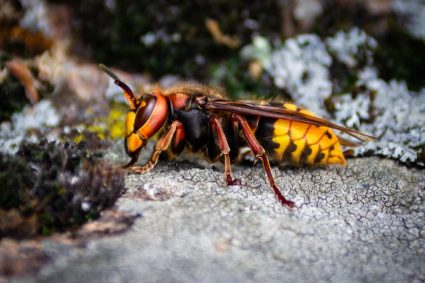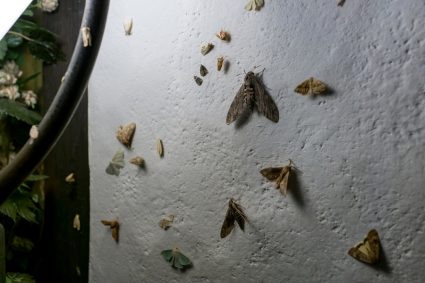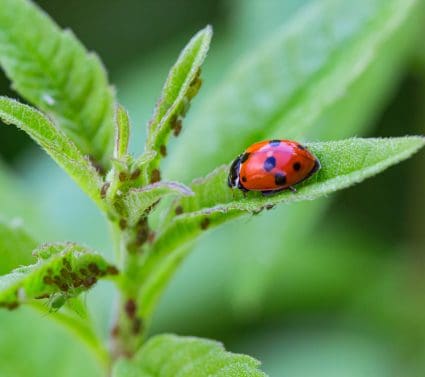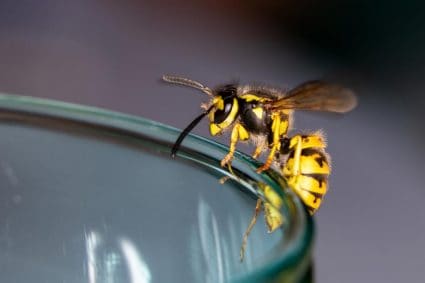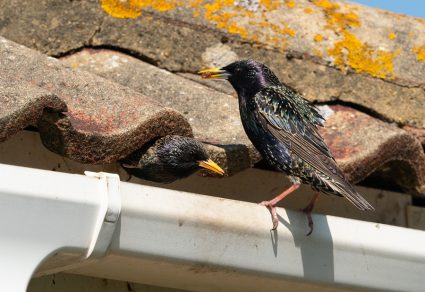
Skunks, often known for their notorious defensive spray and black and white coloration, play a vital role in maintaining the balance of the ecosystems they inhabit. Despite their infamous reputation, these creatures have more to offer than meets the eye. This article will delve into the importance of skunks to our environment, their unique traits, and the potential consequences their disappearance could have.
Skunks are important to the ecosystem because they help control the population of pests such as insects and small mammals, which benefits farmers, gardeners, and the health of forests. They also contribute to soil fertility through their diet, digging habits, and decomposition of their droppings. Skunks play a role in seed dispersal and serve as a deterrent to predators with their defensive spray. A decline in the skunk population could lead to an imbalance in the food chain, reduced biodiversity, and an increase in pests and carrion.
Skunks as Predators and Scavengers
Skunks are omnivores, consuming a variety of organisms, which helps in controlling the population of these organisms. Their diet includes pests such as bees, grasshoppers, beetles, and a variety of insect larvae, as well as small mammals like mice and voles, nestling birds, eggs, fruits and berries, reptiles, and some green vegetation. By controlling these pests, skunks indirectly contribute to the health of forests and other environments.
In addition to being predators, skunks also serve as scavengers, consuming animal carcasses and contributing to the decomposition process. This role is crucial for the health of the environment as it aids in nutrient cycling.
Skunks: The Unlikely Heroes of Pest Control
Skunks are beneficial to farmers, gardeners, and landowners because they feed on a large number of agricultural and garden pests. From insects such as beetles, wasps, and crickets to small mammals like mice and voles, skunks help to keep these populations in check. Their foraging activity can help maintain the overall health of gardens and agricultural lands.
Skunks and Soil Fertility
Skunks contribute to soil fertility in several ways. Firstly, their diet helps control pests that can be harmful to crops and plants. Secondly, their digging habits aerate the soil, improving its structure and promoting the growth of plants. Lastly, their droppings and remains add organic matter and nutrients back into the soil when decomposed, enriching it and promoting plant growth.
Skunks’ Unique Traits
Skunks possess several unique traits that benefit the environment. From their well-known defensive spray, which serves as a deterrent to predators, to their role in seed dispersal, skunks play a multifaceted role in the ecosystem. Even their digging, which may be a nuisance to some, actually helps to aerate the soil and improve its quality.
The Consequences of a Declining Skunk Population
Should the skunk population drastically decline or disappear, the potential consequences could be significant. These range from an imbalance in the food chain and reduced biodiversity to an increase in pests and carrion, all of which can have far-reaching impacts on both the ecosystem and human activities.
Conclusion
While skunks may often be seen as a nuisance, their importance to the ecosystem cannot be overstated. They play crucial roles in pest control, scavenging, soil fertility, seed dispersal, and more. Efforts should be made to conserve skunk populations and maintain biodiversity, emphasizing the need to understand and appreciate these often misunderstood animals.
Frequently Asked Questions
What is the lifespan of a skunk?
The average lifespan of a skunk in the wild is approximately 2 to 4 years. However, skunks can live up to 10 years in captivity with proper care.
How many species of skunks are there?
There are four recognized species of skunks: striped skunks, spotted skunks, hog-nosed skunks, and stink badgers.
Are skunks nocturnal?
Yes, skunks are primarily nocturnal creatures. They are most active during the night when they forage for food.
What predators do skunks have?
Despite their notorious defensive spray, skunks have a number of predators including owls, hawks, coyotes, foxes, and bobcats.
Can skunks climb trees?
While they are not as adept climbers as some other animals, skunks can indeed climb trees, particularly when they feel threatened.
What diseases can skunks carry?
Skunks can carry a variety of diseases including rabies, leptospirosis, and canine distemper. They can also carry parasites such as ticks, fleas, and mites.

